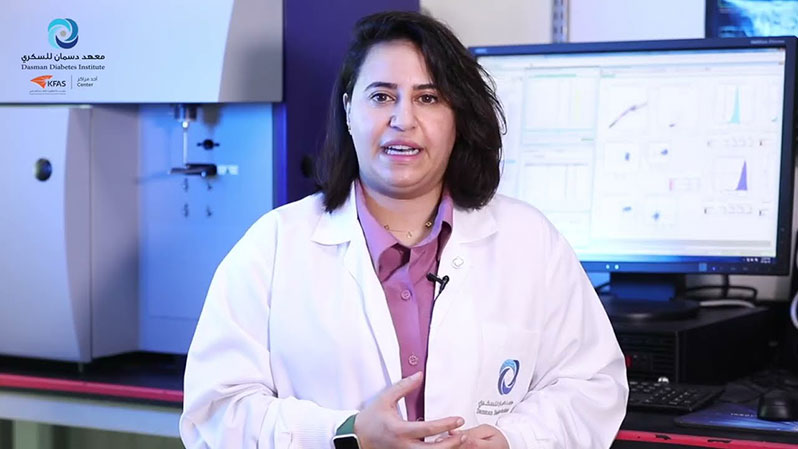Translational Research
Translational research is the process by which the findings of laboratory research or preclinical studies are ‘translated’ into novel methods of diagnosis or treatment. The term “bench-to-bedside” is often used to describe the bidirectional continuum in which research findings are propelled from the laboratory (bench) to patients (bedside) and populations, and back to basic research.
New Department: Translational Research
The Research Sector at DDI has implemented Translational Research as its core focus. Research is directed towards transforming scientific discoveries into clinically applicable models to reduce the incidence and impact of diabetes and its complications. Through the implementation of translational research practices, scientists aim to ensure that best practices, such as effective prevention strategies, are implemented for the benefit of the patients and communities.
Figure 5. Schematic representation of the continuum of translation research, from bench to bedside, and back, and their definitions.

Definitions:
T0: Basic research exploring fundamental mechanisms of biology, disease, or behavior, performed in cell, tissue, or animal models.
T1: Understanding the concept in humans to design prevention methods based on basic findings.
T2: Adopting intervention methods demonstrated to be useful in a research environment to routine clinical care via clinical trials (Phase 1 to 3).
T3: Translation to communities; includes population-level outcomes, monitoring benefits and risks, and impacts on policy and change.






